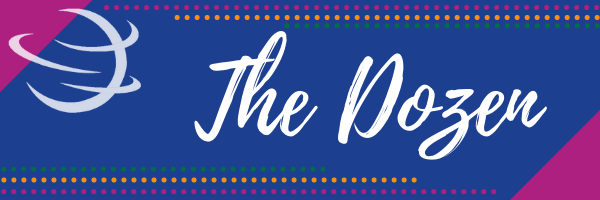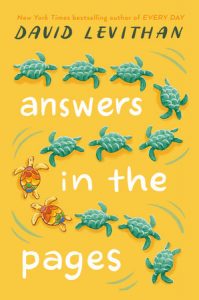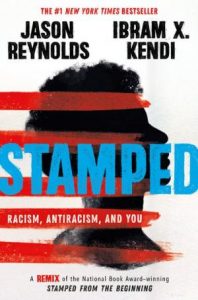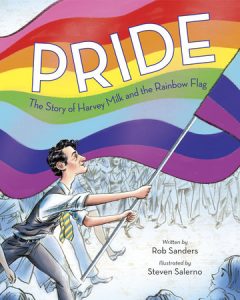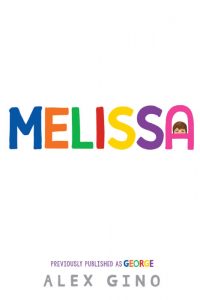By Barbara Ward, University of New Orleans & Deanna Day, Washington State University
What could be more important in a democracy than intellectual freedom or the Right to Read? What are the dangers inherent in white-washing history and refusing to acknowledge some of the mistakes our nation has made? What are the consequences for classrooms, schools, libraries, even countries when one person or one small group of vocal individuals makes the decision about what materials can be allowed on classroom and library shelves or included in the curriculum? These and other related questions as well as the recent spate of book challenges as well as the approaching Banned Books Week, set for Sept. 22-28, 2024, prompted us to consider once again the damage caused to children and teens by limiting access to reading materials.
In this blog post, we celebrate some of our favorite titles honoring the value of an informed populace and the freedom to choose reading material even when it might be offensive or problematic to some. After all, one of the purposes of education is about being introduced to many different perspectives and deciding for oneself what to think, not simply swallowing propaganda or one person’s opinion as the truth. Truth is far more complex than the simplistic, easy, one-sided answers that some prefer. Continue reading

